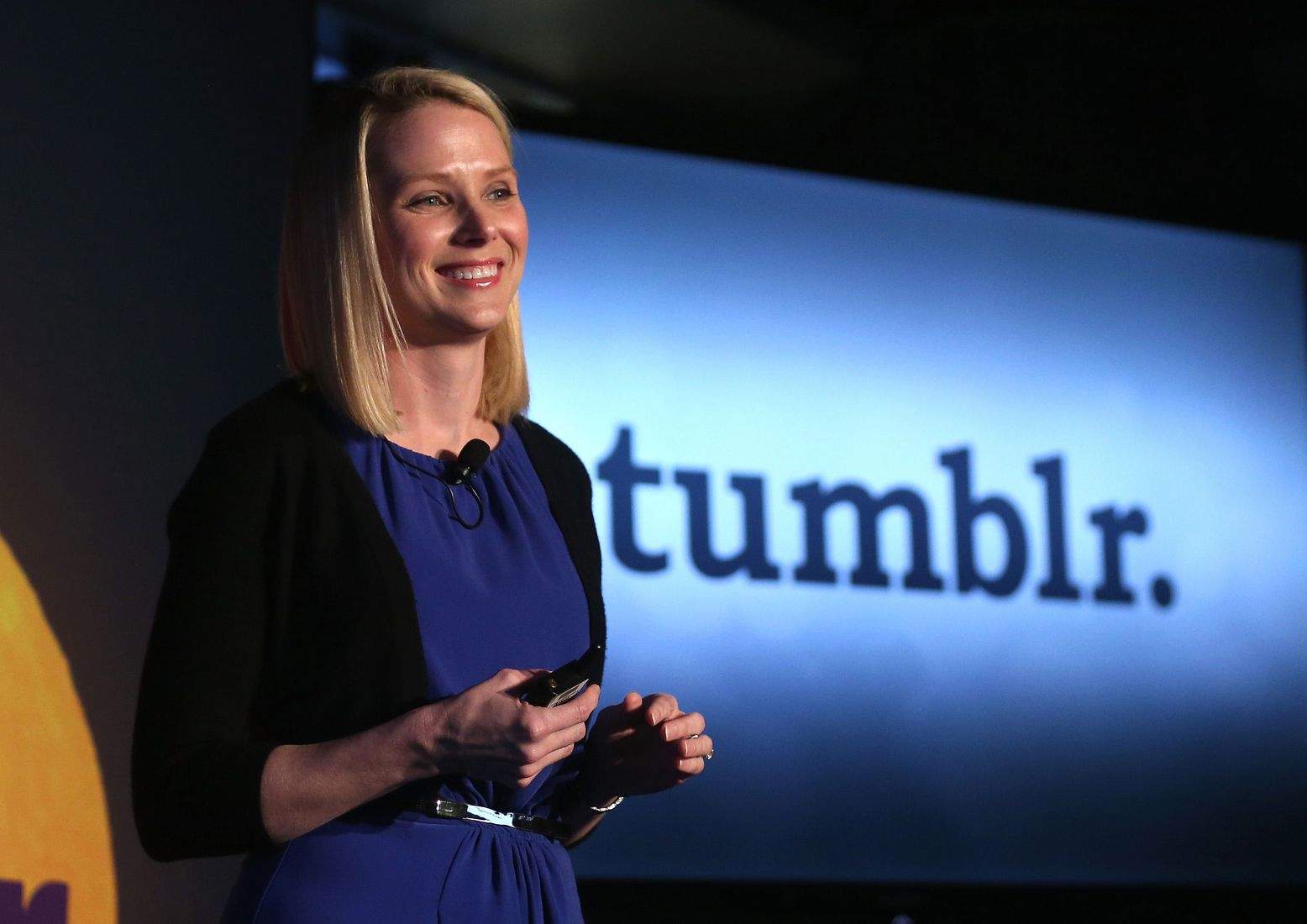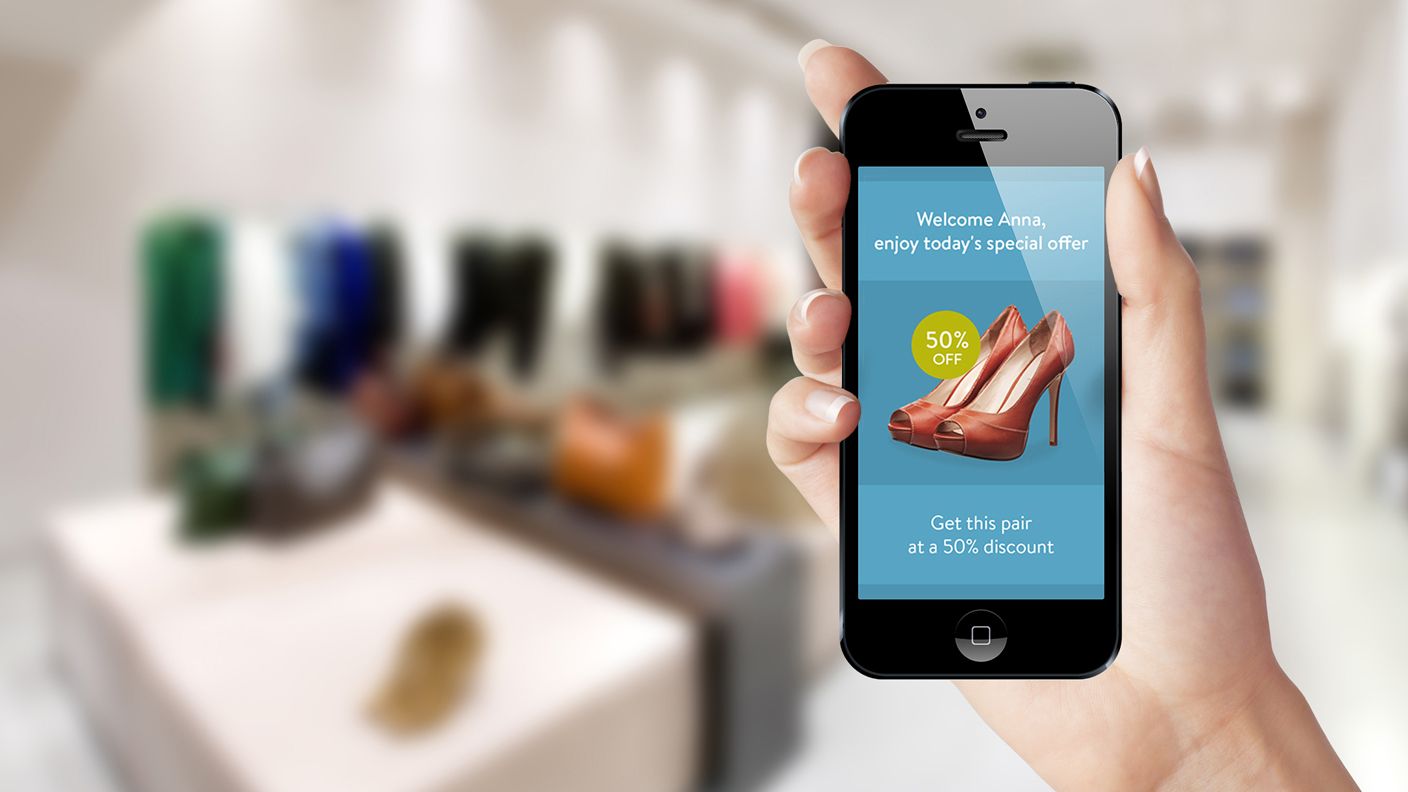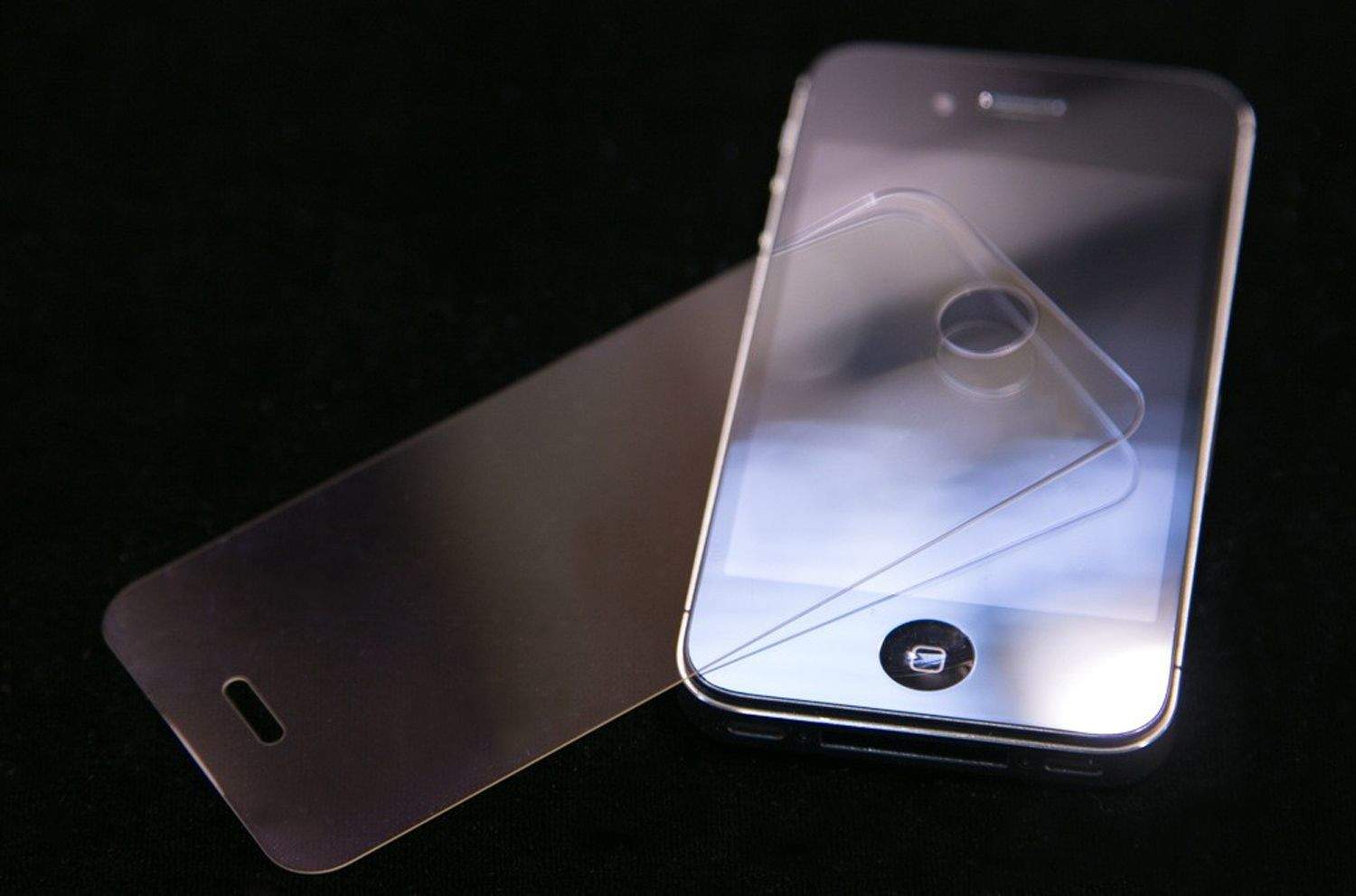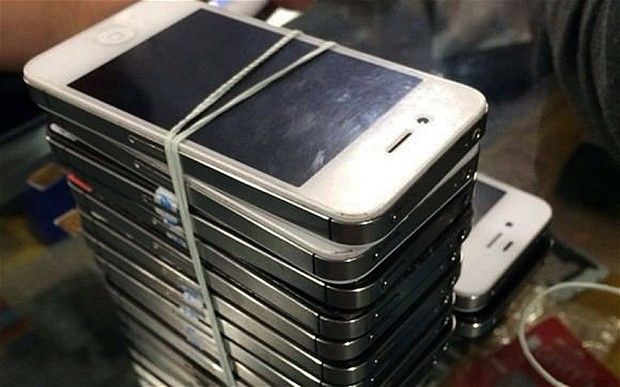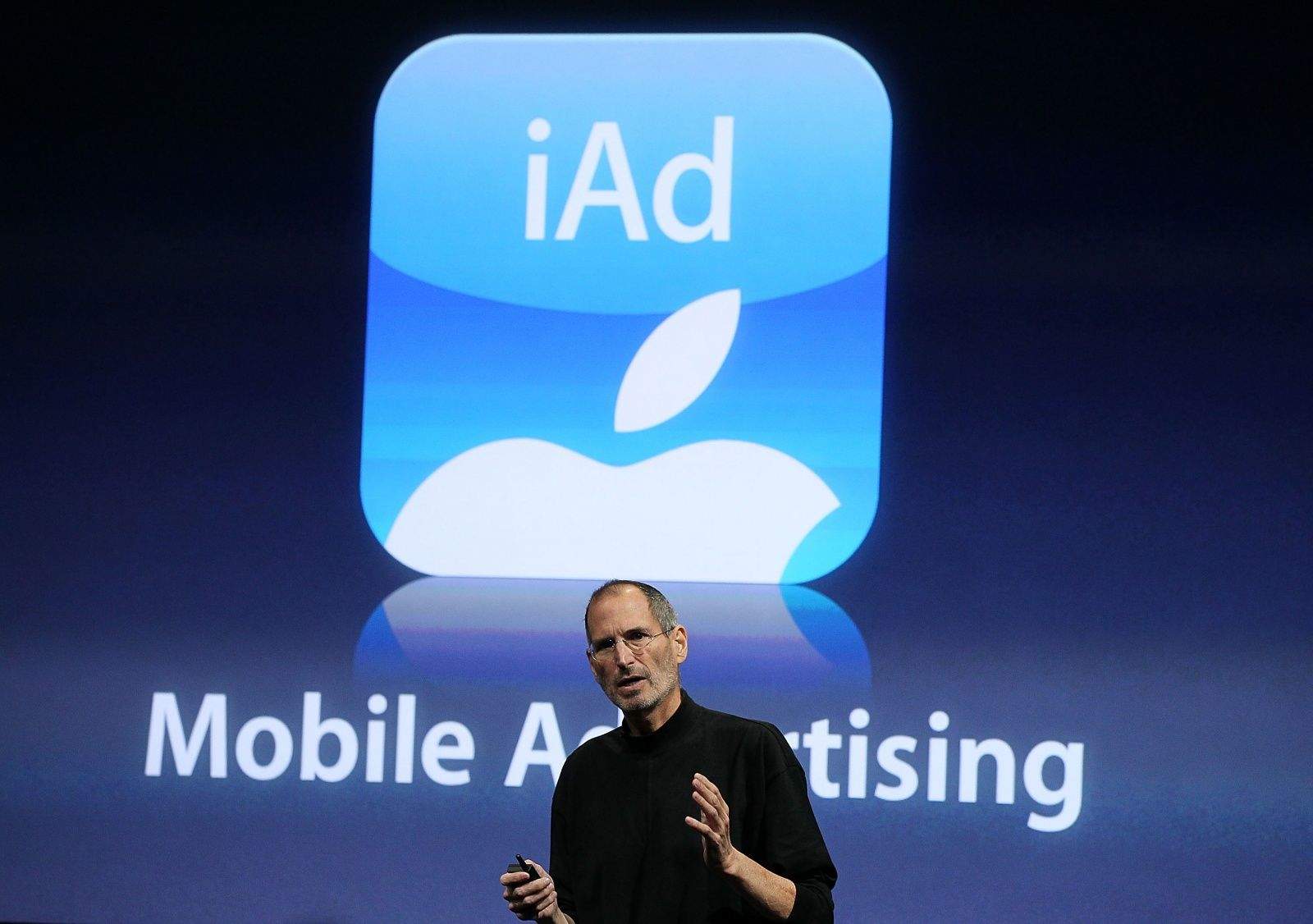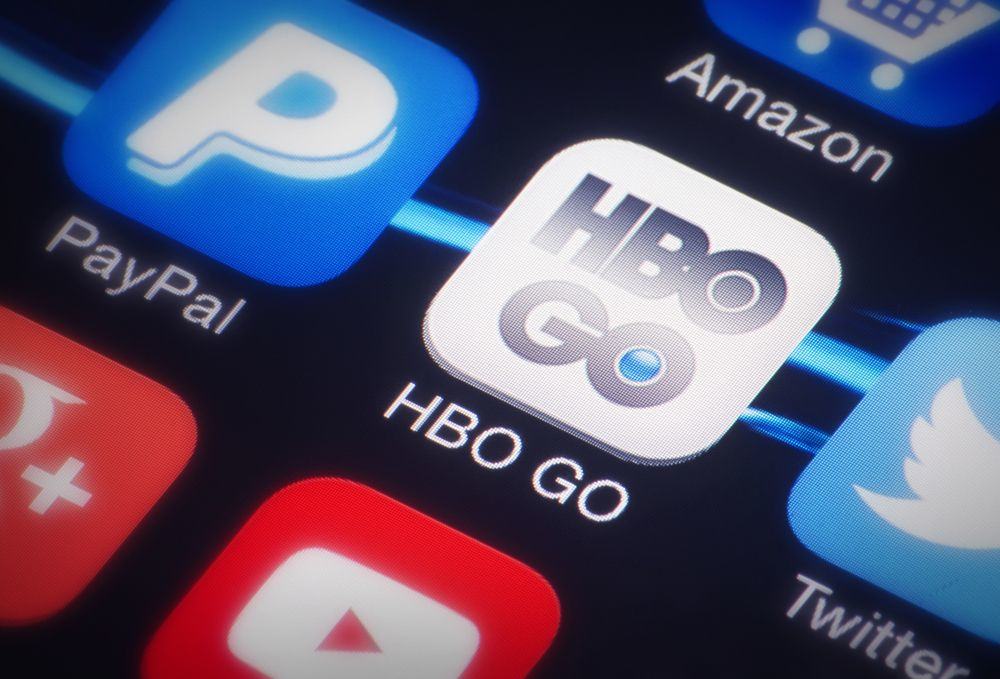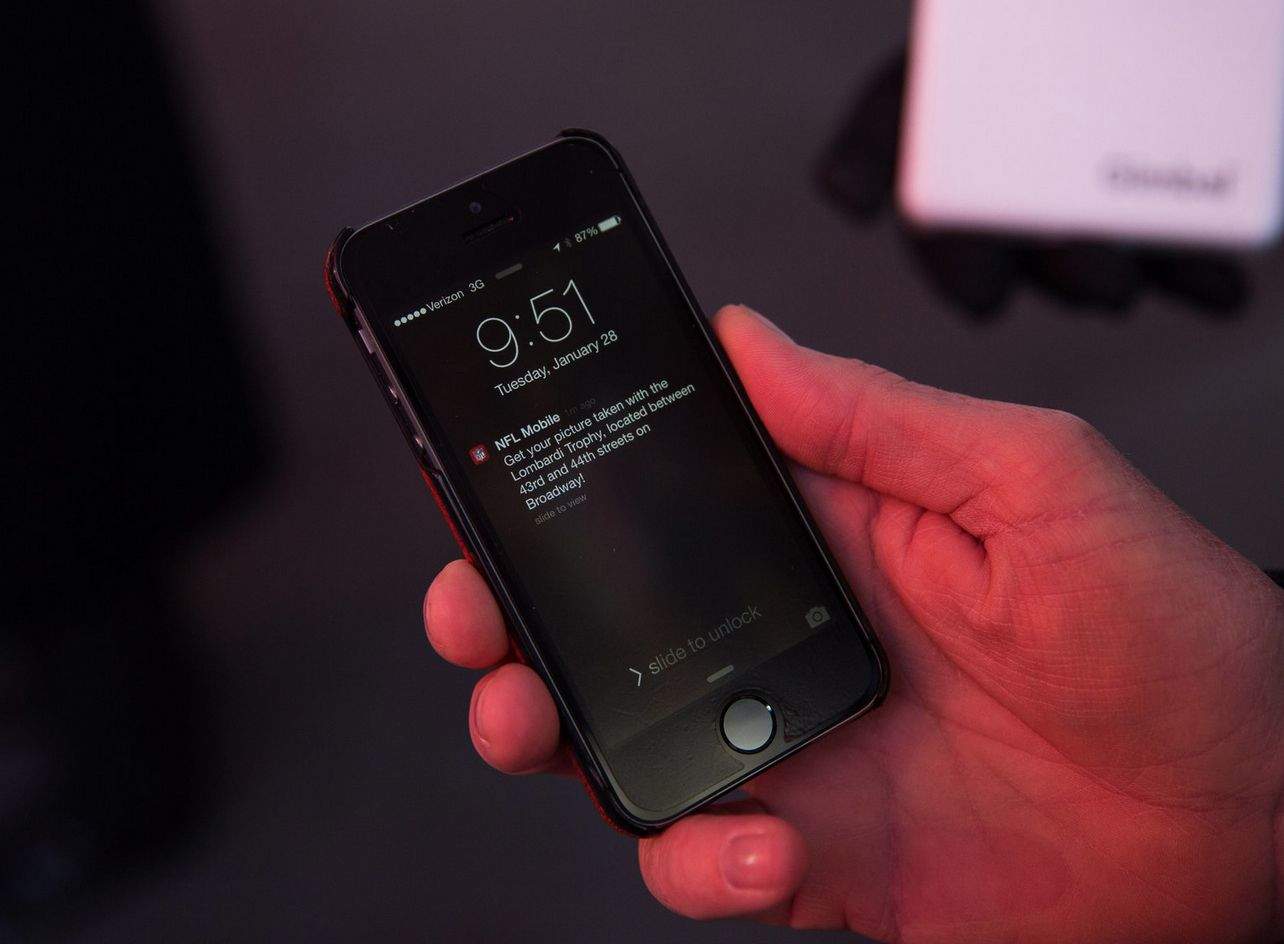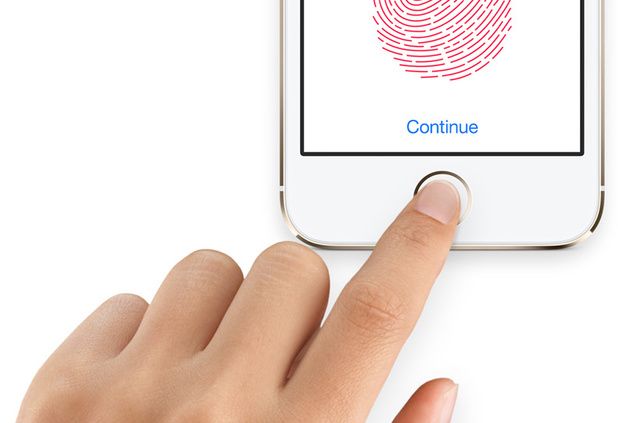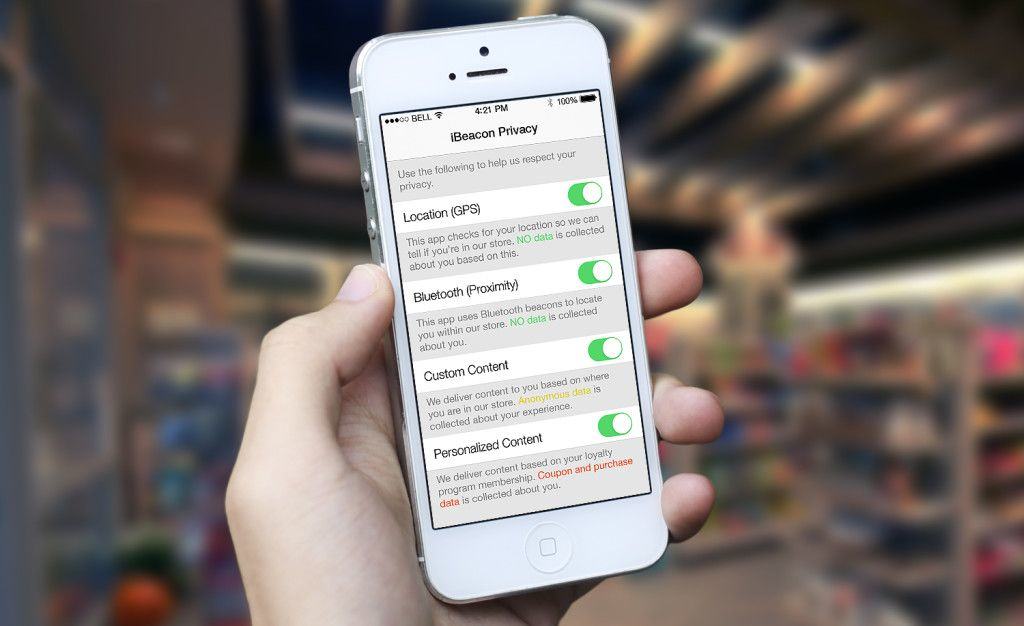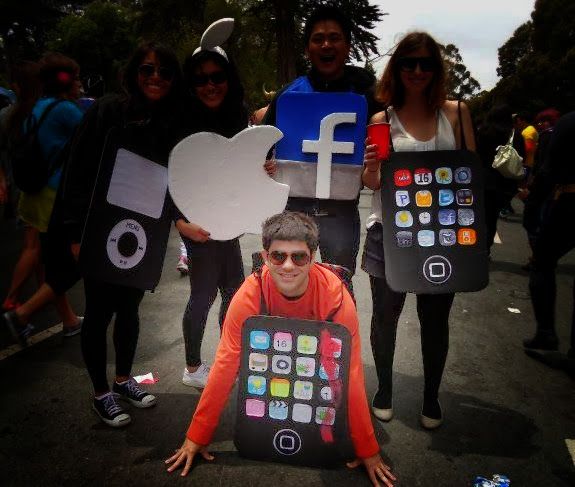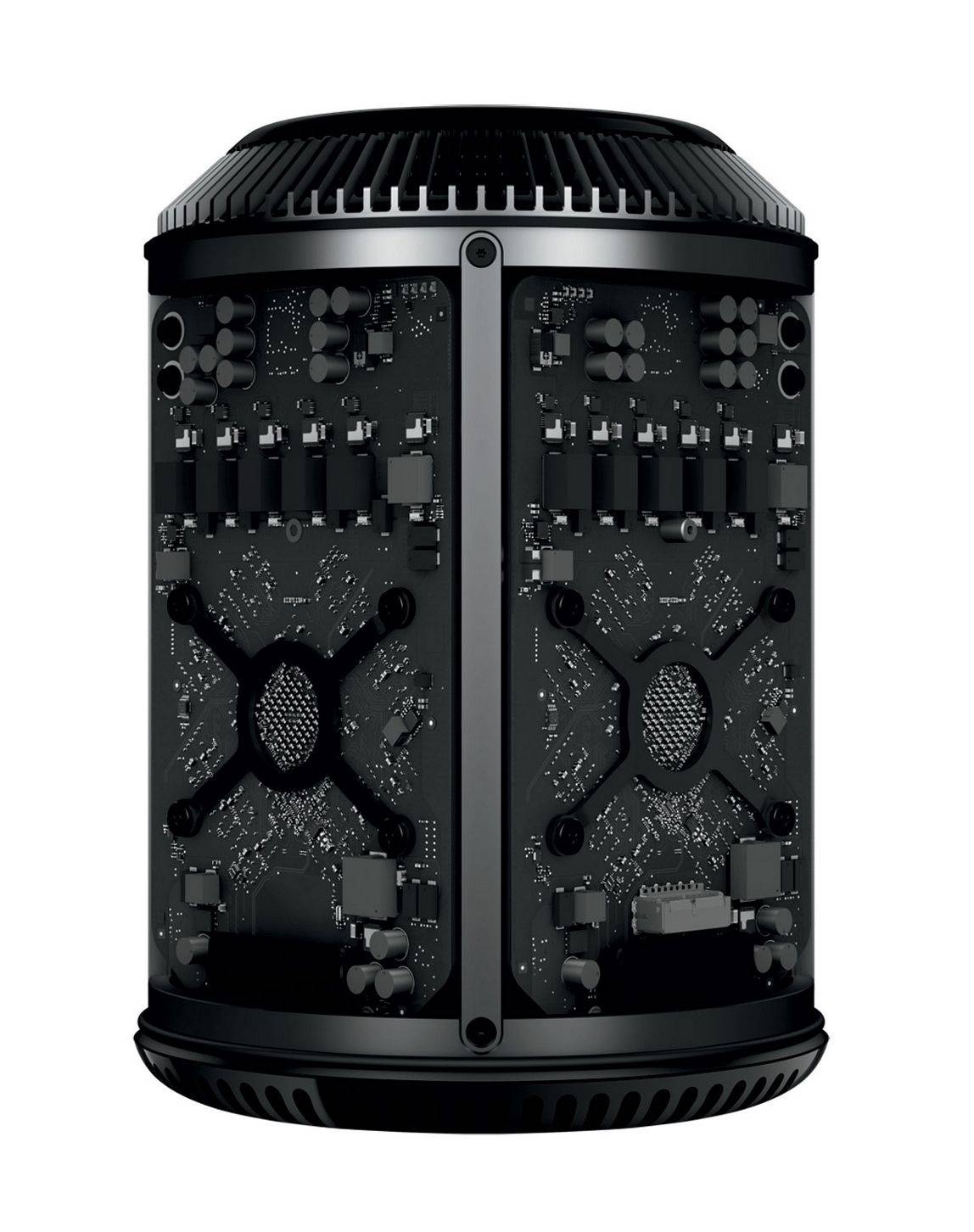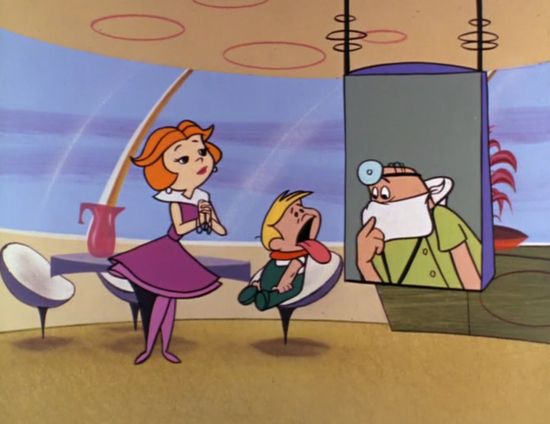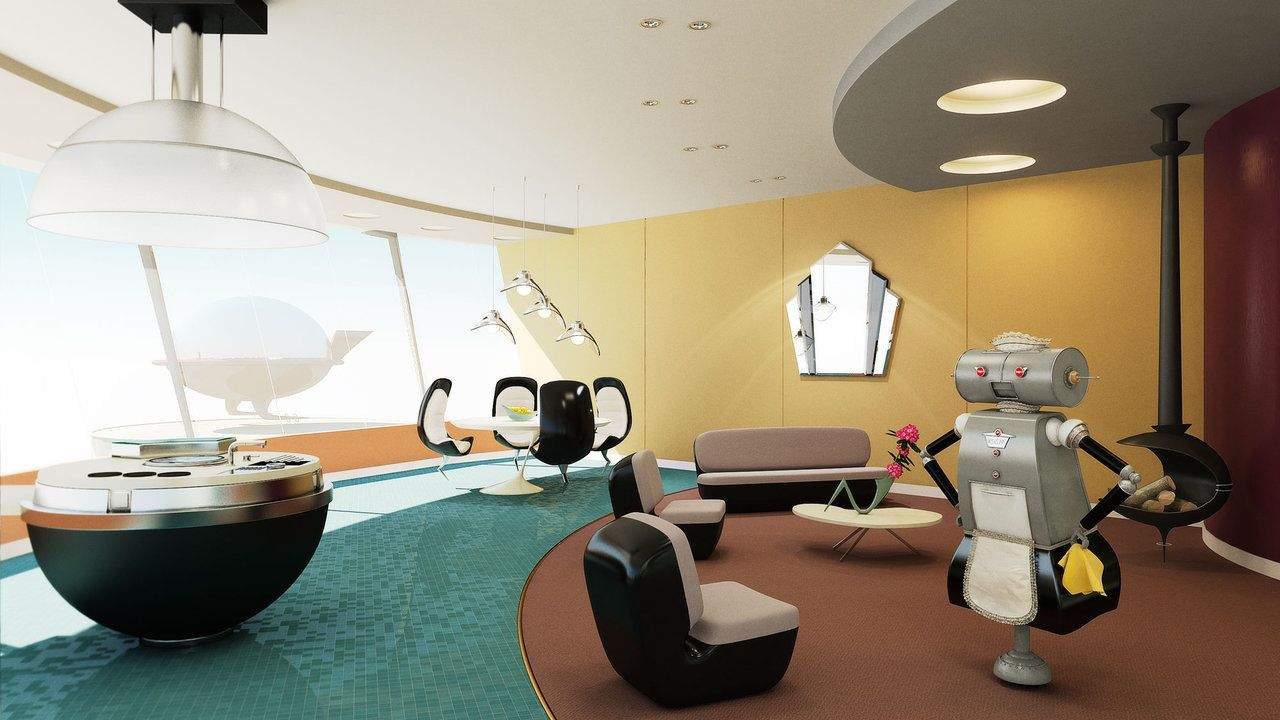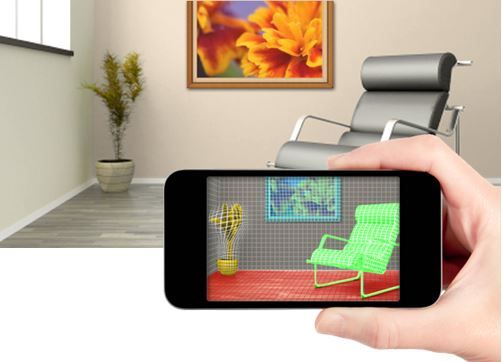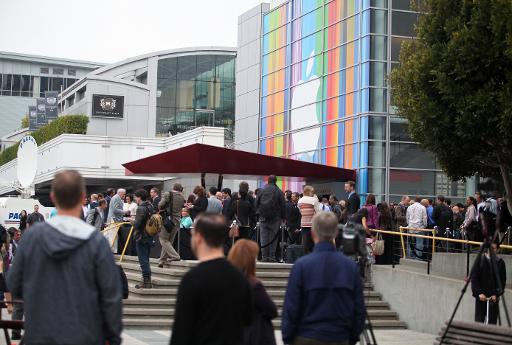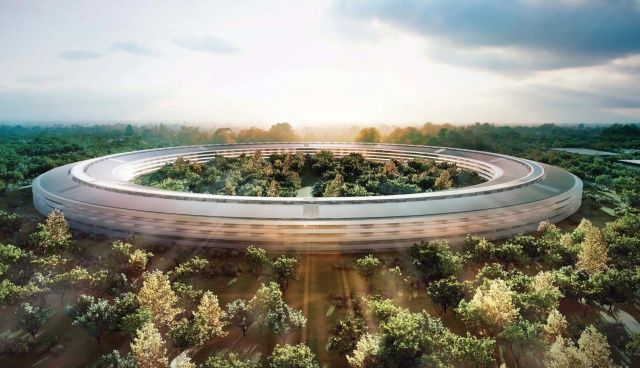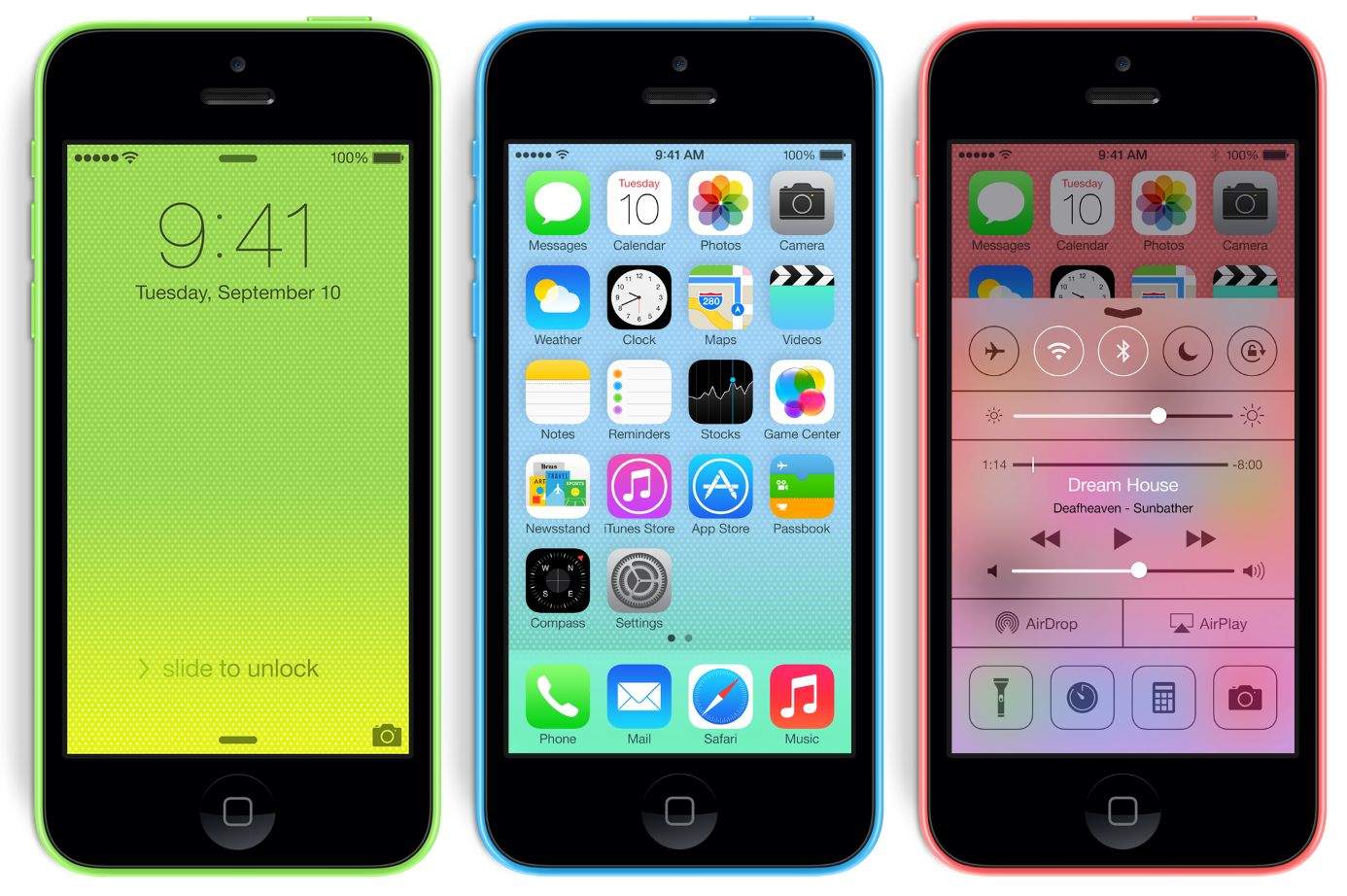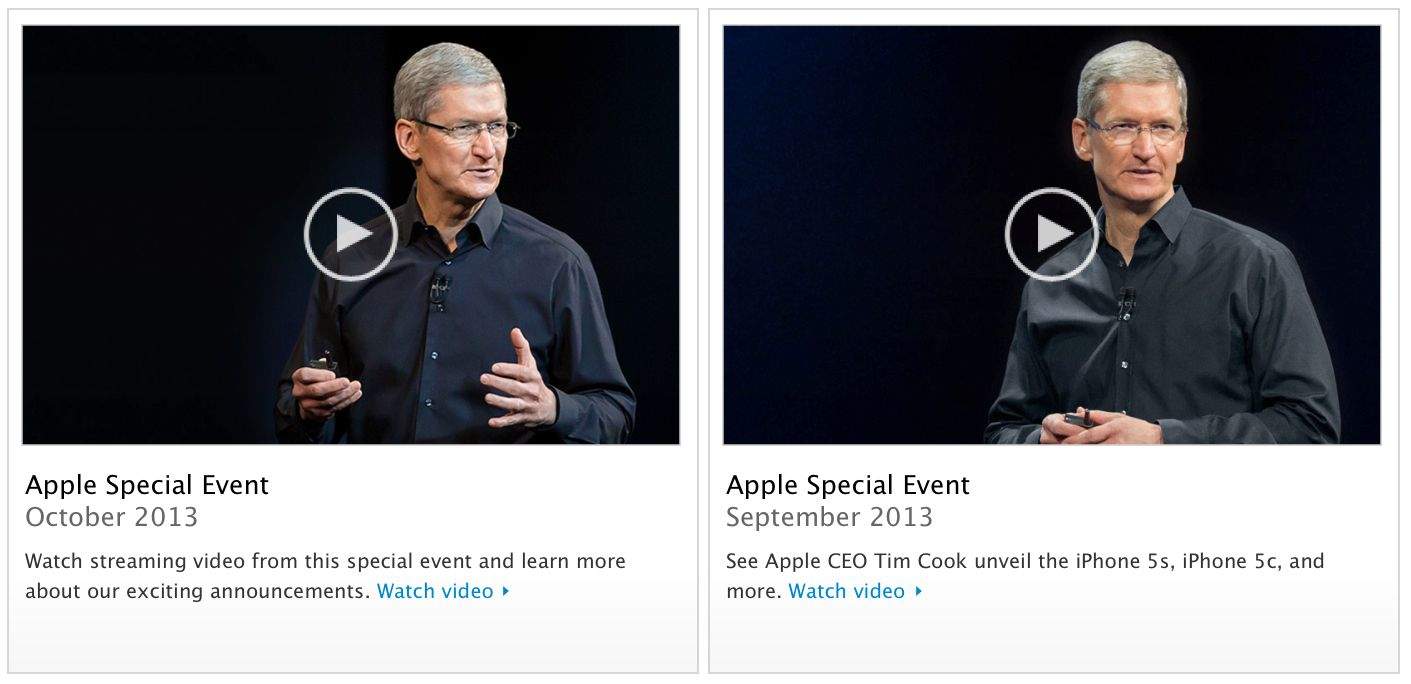Apple is still moving forward to build its $5 billion, 176-acre campus Cupertino “spaceship” Campus 2 headquarters, expected to open in three years.
Critics have been attacking it since Steve Jobs first proposed it to the Cupertino City Council.
And since that poignant moment, which was Jobs’s last public appearance, the campus project has evolved and changed and, as I write this, the old HP buildings on the property are being demolished.
Here’s what we know about the spaceship campus so far, and also what the critics have been saying.
The property will be capable of holding 14,200 employees. Some 12,000 of those will be in the circular mothership building, and the rest in 600,000 square feet of office, research and development buildings along one of the adjacent streets. Due to ballooning costs, the extraneous buildings have been delayed for phase 2 of the project, to come later. So the initial project will include only the giant bagel and supporting infrastructure at a cost currently estimated at $5 billion.
The spaceship building will be four stories high, but continue underground. The radius of the underground portion will be much wider than the visible above-ground part. In fact, so much of the campus, parking, underground tunnels and facilities will be underground that trucks will be removing soil 24/7 for six months in order to make space for these structures.
The main building will be a marvel of innovation in heat and energy. The roof will hold 700,000 square feet of roof-mounted solar panels. That energy source, plus a natural gas facility, will provide most of the campus’s electricity. Combined with solar and wind contracts, the building will achieve a net zero energy state, meaning that it will consume the same amount that it produces.
Because the building’s exterior walls will be all glass, a crazy computerized temperature control system will open and close giant shutters and windows. “Solatubes” will pipe sunlight throughout the structure to reduce the need for electric lights.
The campus will have a four-story garage that’s massively larger than the largest parking structure in the city of San Francisco — the one at Moscone Center where Apple will stop holding announcements in favor of an underground 1,000-seat amphitheater at the new campus. The total campus will support 10,980 parking spaces.
The giant spaceship building was originally white. It has since been upgraded to black (no “gold” or “champagne” option has yet been proposed).
As Jobs emphasized at his City Council product announcement, the building will feature a historically unprecedented use of glass. The building will have nearly 4 miles of curved glass, manufactured and bent in Germany, then shipped to California in 40-feet by 26-feet sheets. These panes are being manufactured with a very sophisticated process that cold-bends them and laminates them to prevent clouding.
In the City Council rollout, Jobs said: “It’s a circle, and so it’s curved all the way around. As you know if you build things, this is not the cheapest way to build something. There’s not a straight piece of glass on this building, it’s all curved. And we’ve used our experience in making retail buildings all over the world now, and we know how to make the biggest pieces of glass in the world for architectural use.”
What the Critics Are Saying
The New Yorker suggested Apple’s plans are a sign of “imperial hubris,” a “twenty-first-century version of the Pentagon.”
Gizmodo said it will be “ridiculously lavish.”
And one Apple investor publicly said, “It would take some convincing for me to understand why $5 billion is the right number for a project like this.”
These neatly summarize the criticism. Basically, what they’re saying is that it’s too awesome, too far-reaching, too ambitious and too expensive. It would be better to build another set of cookie-cutter boring buildings that blight the Silicon Valley landscape.
To these critics I say: You’re wrong.
Why the Critics Need To Calm Down
The critics on this project are dead wrong, and for four reasons.
1. Utopia fuels genius. By creating a breathtaking architectural wonder, Apple will inspire its employees. You know, the people who are the sole source of everything that Apple imagines and builds. One good example of this phenomenon is Google, which smartly creates corporate campuses that are equal parts playground, Disneyland and City of Tomorrow.
2. Utopia builds the brand. Apple is an aspirational brand. Apple’s amazing spaceship HQ will become part of the iconic nature of the Apple brand, driving sales just by its very existence. When Apple announces new products, the invited press will gape at the wonder of it all, and this will ignite their worshipful gushing over whatever Apple announces. And good press is good business.
3. The new campus honors Steve Jobs. The spaceship campus was Jobs’s last vision for the company, one meant to last. While his direction and input into the iPad will quickly fade away, to be replaced by democratic decision-making and possibly a slouch toward mediocrity, the campus will serve as a reminder of the uncompromising visionary who made Apple what it is today. Who would deny this to Jobs, really — especially investors, whose wallets are burdened by the man’s vision. Besides, if you don’t want to be involved in a visionary company, sell your Apple stock and buy Exxon Mobile.
4. A visionary campus attracts top talent. It’s really hard to recruit and retain top engineering and design talent in Silicon Valley. Apple’s HQ will provide one additional incentive for the best people to stay with Apple.
Apple’s Campus 2 budget has ballooned from $3 billion to $5 billion and, guess what? It will probably grow to as high as $10 billion.
So what?
This is a company with $150 billion in cash, all of it generated by the executives and employees, many of whom will work at this campus. The new campus is good for Apple’s business, good for the environment and good for Silicon Valley.
It’s time for the critics of Apple’s spaceship Campus 2 to pipe down and marvel at Steve Jobs’s last breathtaking visionary gift.
